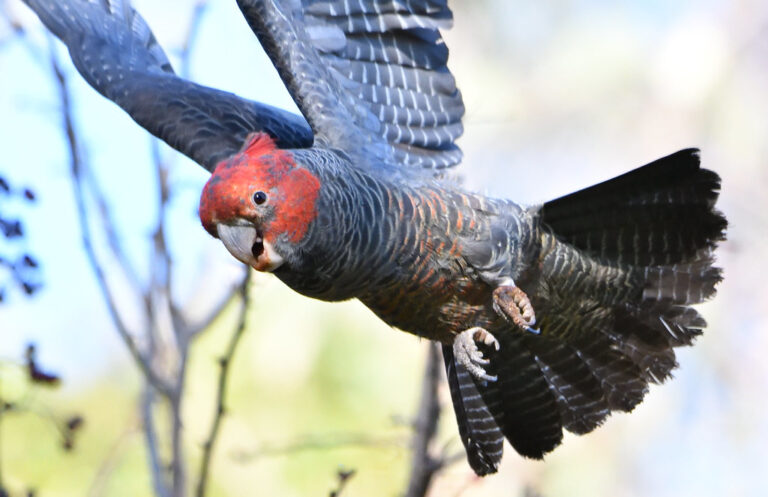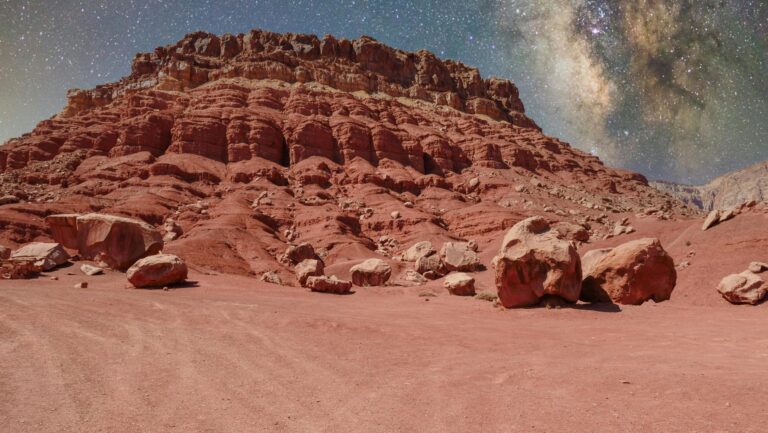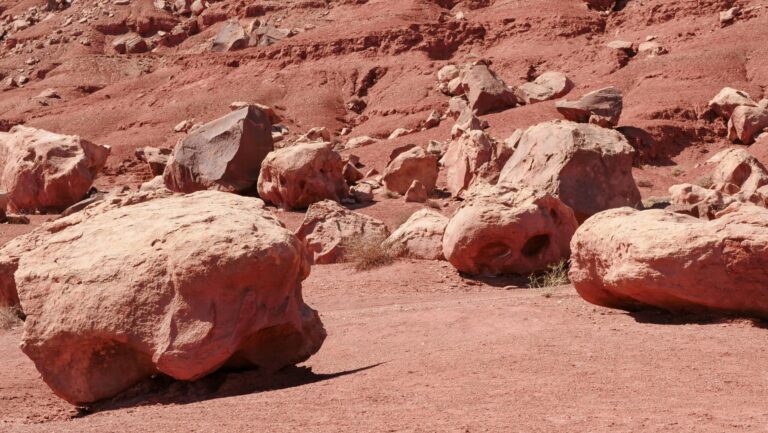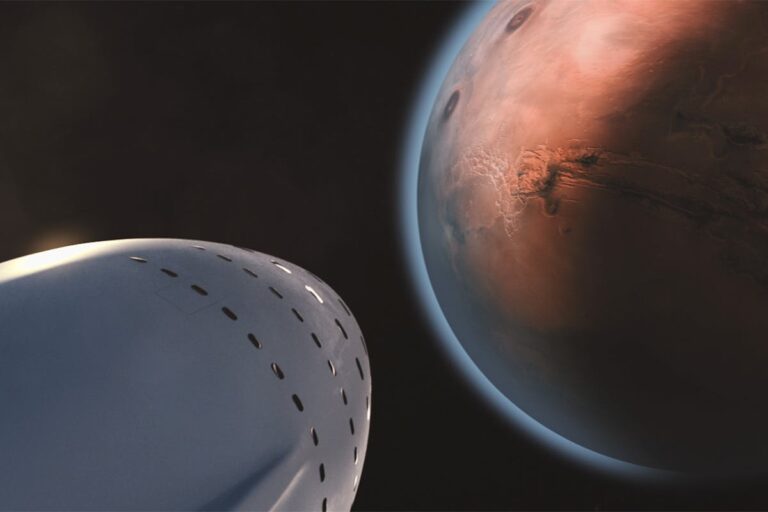As SpaceX’s Starship achieves successful test flights late last year and NASA’s Curiosity and Perseverance rovers uncover vital resources like water ice throughout the year, the dream of making Mars habitable is no longer science fiction. However, as debates about Earth’s pressing challenges and the costs of space exploration grow, the question arises: Should we embark on this journey? Mars colonisation is an inspiring step forward, one that has the potential to benefit humanity in countless ways. Here’s why.





